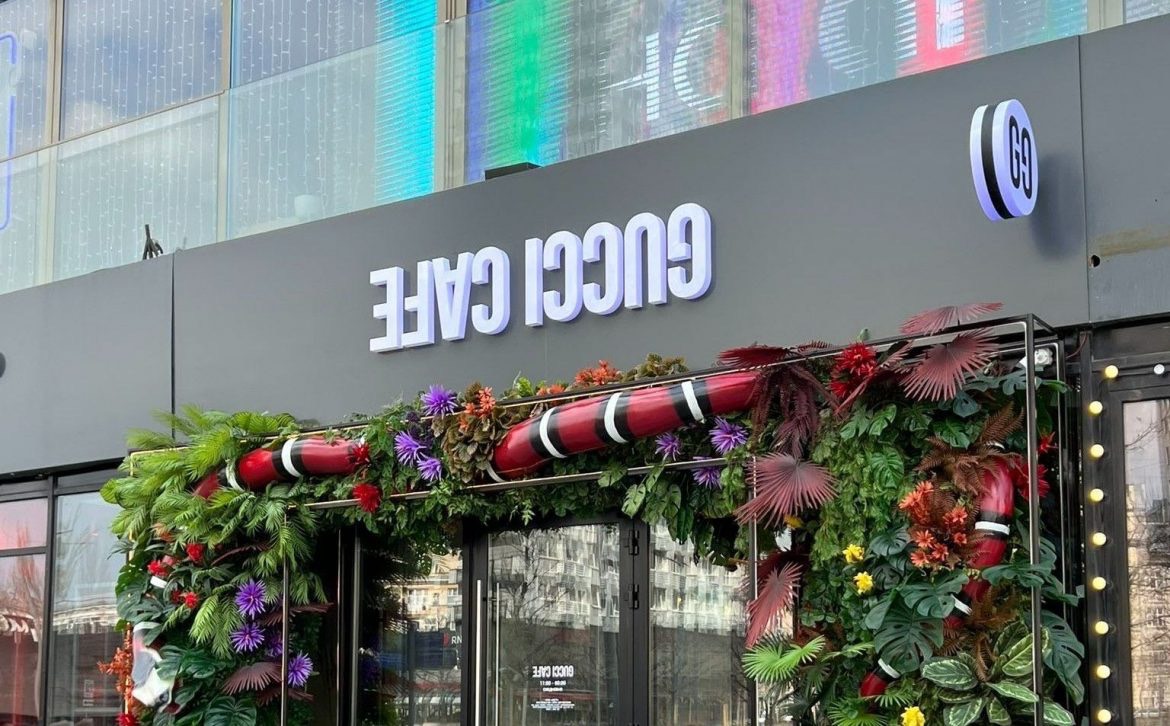Fake Gucci Restaurant opens up in Moscow

The opening of the fake Gucci restaurant in Moscow is a clear reflection of the high demand for luxury brands among the upper-class in Russia. The founders of the restaurant have capitalized on this trend by creating a counterfeit establishment that mimics the Gucci brand. While the intentions behind this move may seem harmless, it is crucial to note the impact that counterfeit products have on the fashion industry and the economy at large.
Counterfeit products are a significant problem in the fashion industry. Fake items not only hurt the brand’s revenue, but they also erode brand equity and reputation. Moreover, they lead to the loss of jobs and the reduction of tax revenue for governments. The Gucci brand is no stranger to counterfeiting, with the brand’s high-end products being among the most copied in the world. The fake Gucci restaurant in Moscow is yet another example of how counterfeiting is wrecking havoc on the fashion industry.
The argument put forward by the founders of the fake Gucci restaurant that they are not infringing on any of Gucci’s rights is flawed. While they may not be using the Gucci name directly, the use of the GG monogram, which is a trademark of Gucci, is still illegal. Furthermore, the inverted version of the Gucci name seems to be a clear attempt to mislead customers into thinking that they are entering a legitimate Gucci establishment.

The move by the founders of the fake Gucci restaurant is not only illegal but also morally wrong. It is essential that we all play a role in curbing counterfeiting by refusing to support such establishments. As consumers, we have the power to choose where our money goes and what brands we support. By refusing to support counterfeit products, we send a clear message that we value the hard work and creativity that goes into creating genuine products.
In conclusion, the opening of the fake Gucci restaurant in Moscow goes against the values of the fashion industry and is a disservice to the hardworking individuals who create genuine luxury products. The move highlights the growing concern of counterfeiting in the industry and the need for governments and regulatory bodies to take action to curb this problem. As consumers, we need to be vigilant in our shopping habits and support only genuine products to preserve the integrity of the fashion industry.







